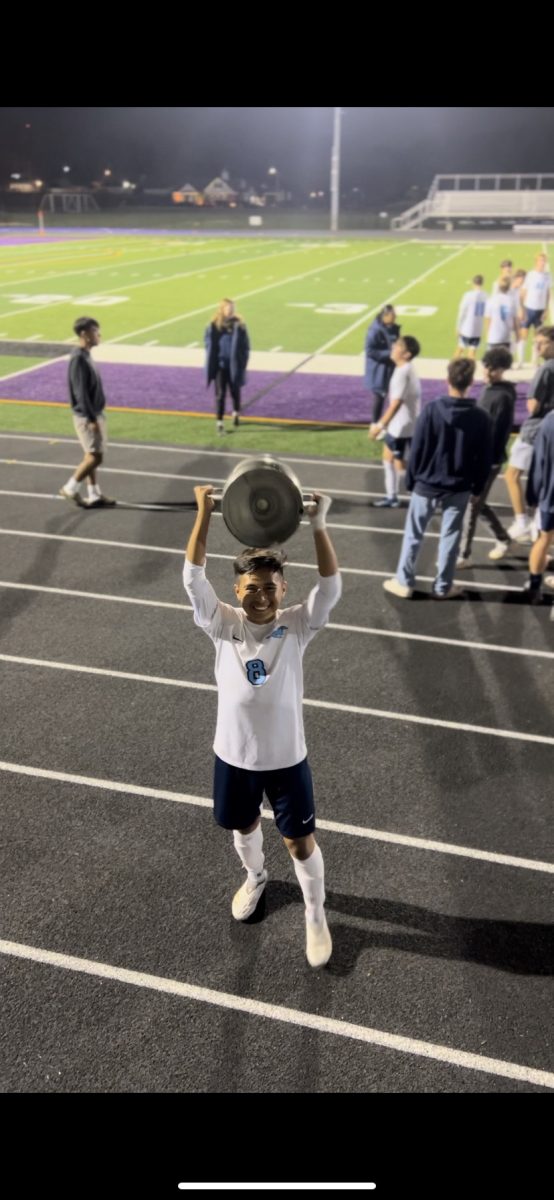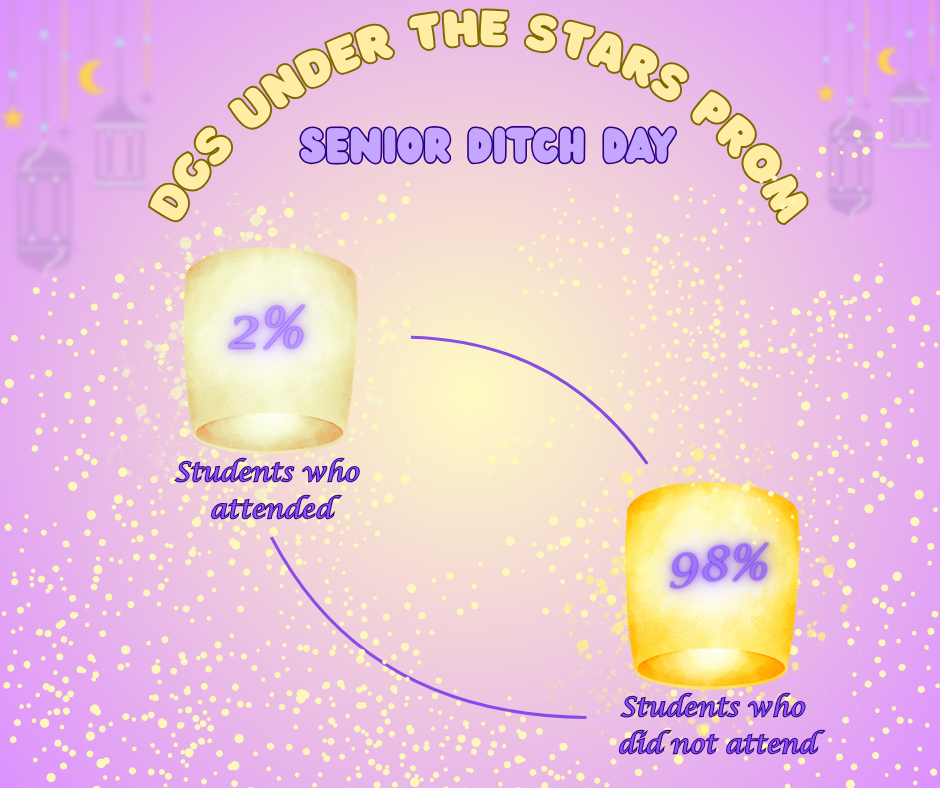It’s 1995, the trees along Dunham are covered in toilet paper; the students filed into their homerooms as they write names on paper for their class’s representatives. It’s homecoming week at DGS.
Former student and now parent of two DGS students, Vanessa Majchrowicz recalls the impact homecoming had on DGS when she attended; she remembers the school spirit of the week and how everyone felt unified. Now, as a parent, she thinks homecoming has a huge impact on the Downers Grove community.
“It’s just an extra week of school spirit, [by] sending your kids to Downers South or North they’re getting a very enriched experience. There’s school spirit and activities, with such a big school there’s still a good portion of kids that go to all the events, participate in the activities. I definitely think that [homecoming] is a really fun aspect of Downers South,” Majchrowicz said.
Flash forward to 2005, and former DGS graduate Shannon Lahey had a similar experience to Majchrowicz. She remembers the “fanfare around homecoming” as well as how students would go crazy for the homecoming dress up days “walking down the halls…it was hard to find somebody that didn’t dress up,” Lahey said.
Now Lahey is a DGS special education teacher and the varsity cheer team head coach. She’s been bestowed with the role of nominating students for the homecoming court. Lahey nominates a good number of her cheerleaders, but the form she fills out doesn’t ask why or limit the amount of nominations she has. Instead, it lists the criteria to be nominated and asks for a name.
Because of the lack of limiting nominations, 43 girls were nominated for the four senior girl representative spots this year, this means each girl had a 9% chance of receiving the honor of representing her class at her last homecoming.
Last week, student activities director Jennifer Martinez sent out a form to all students asking them to cast their vote for their class’s representatives for 2024 homecoming court. Before the form goes out to the students, Martinez sends a form out to teachers to ask them to nominate students who they think deserve to be on the ballot, and just like Lahey, teachers nominate students who they feel embody what it means to be a Mustang.
“I think it’s heavily based on teacher input, because we select who initially makes it into the rounds of voting. But I do think that the kids have a voice because they pick the overall winner,” Lahey said.
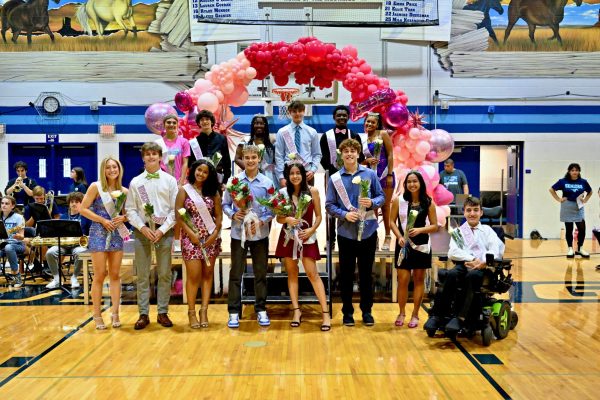
The results of the Google Form for representatives came out last Friday, Sept. 20, of all of the representatives listed, four have been on the court in years past. Seniors Stacia Thames and Evan Kuntz were junior representatives last year, senior Sebastian Blanco was the class of 2025 representative his sophomore year and junior London Lee was the sophomore representative last year.
When asked about students being able to see the raw data from the Google Form of the voting on representatives to better understand how the votes shook out, Martinez explained that it wouldn’t be possible.
“I would prefer not. It’s just a respectful thing because I don’t think that people need to see that they got one vote or got three votes,” Martinez said.
However, for some students who have been nominated year after year knowing how they stack up against their peers could matter, especially with past representatives on the ballots. Senior Holly Johnson was nominated for homecoming court her freshman through junior year and has never made it onto the court.
“I’ve never cared too much about not winning…but I think there shouldn’t be repeats unless it’s [their] senior year,” Johnson said.
Lahey feels that if a student deserves to be on the ballot because of their merit then they should be.
“I think if someone deserves and is nominated again, they should be nominated because if they’re standing out and if teachers are recognizing them,” Lahey said.
While some students are upset with the results and there being repeats, Senior Stacia Thames is a repeated member of the court this year and believes that the past homecoming court decisions shouldn’t matter in deciding this years court.
“Because the kids do get to vote, they voted you in. So obviously they want to see you again,” Thames said.
But the problem is rooted in the history of homecoming court. The United States formed the homecoming tradition in 1911 with the University of Illinois being the first school with homecoming traditions like a parade and football game. Over the years, high schools adapted the traditions and made homecoming what it is today, with the central events being a football game and dance. The homecoming court for most schools is a pivotal part of the celebration and it’s rooted around popularity.
“No matter what you do, it’s a popularity contest. I’ve talked to so many different schools that have different formats on how they’ve evolved, but at the end of the day, no matter how they do it, it’s a popularity contest,” Martinez said.
Thames explained how she doesn’t think our school has a popularity problem when it comes to homecoming court but the tradition does.
“I think sometimes it [homecoming court] can be a popularity thing. But mostly I don’t really think we have popular people at school,” Thames said.
With the king and queen being announced today, Sept. 27 at the homecoming pep assembly, Senior Katelyn Konieczka doesn’t believe there should be repeats on the court let alone as king or queen.
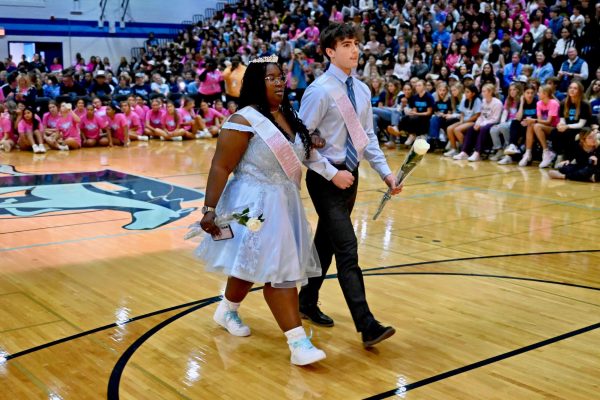
“I think it’s stupid, and they should give other students chances to win,” Konieczkza said.
Junior Nate Lauer feels the same as Konieczka. He believes that the court doesn’t accurately represent the student body especially with the repeats on it.
“I think it’s just really stupid because it’s the same group of people every single year and because everyone votes for the same people because they’re on it all the time. All it comes down to is that they get all their friends to vote for them and they discreetly campaign for it,” Lauer said.
While Junior London Lee was happy to be a representative again she does agree with Lauer that campaigning is the way people win.
“The students make that decision…I wanted someone else to be able to get it as well but still was very happy and appreciative that I could get it again..it’s campaigning, that’s how you do it. You can’t just hope people will vote for you, a lot of people didn’t even know how to vote or what it was.” Lee said.
However, in the email that was sent out to students to vote on their class’s representatives, it stated no campaigning is allowed.
“P.S. As a friendly reminder, here at DGS, we don’t allow students to campaign. We ask that students don’t make posters, flyers, and things of that nature to post around campus. Of course, you can all have friendly conversations with one another,” Martinez wrote.
Lauer explains that this friendly reminder doesn’t stop people from campaigning.
“I know for a fact [people campaign] because people have texted me [and said] hey vote for me or this person,” Lauer said.
Martinez sends this email out to the students because she believes that campaigning causes divisions within the community which ultimately takes away from the point of homecoming.
“I’ve seen other schools, or heard at other schools where there is campaigning, it just causes more division among the student body [and] that’s not the purpose. The purpose is to unify us, not to divide us,” Martinez said.
Even though the goal of homecoming is to unify the community, students feel that they aren’t heard and urge for changes to be made to the voting process. Some of them calling for the teachers’ role in voting to be reconsidered.
“You should leave out the teacher aspect out of it because it’s generally just a kid thing,” Thames said.
Konieczka thinks the teachers should still have a say but shouldn’t be allowed to nominate repeated people.
“I think they should let teachers know before they nominate people that they have already won in the past and that they are not an option to be renominated,” Konieczka said.
Lahey agrees that the teacher role should be adapted, that there might be a better way to get more student participation.
“Where they [the students] get to nominate people to go through on the voting process and maybe they put it out to the teachers that these kids were nominated for a court and they ask [the teachers if] there any that stand out to you…so then we give the kids a voice of who they want to see up there, and then the teachers are the ones on the back end,” Lahey said.
Martinez does encourage more student participation and explains that’s the way students will get their voices heard.
“I think there was good participation [this year]…but I think it’s always a work in progress, because I feel like we’re such a big school, I’m actually never satisfied with the participation in general,” Martinez said.
With homecoming festivities coming to a close this weekend, many push for changes next year hoping that there won’t be repeat people on the ballots next year.






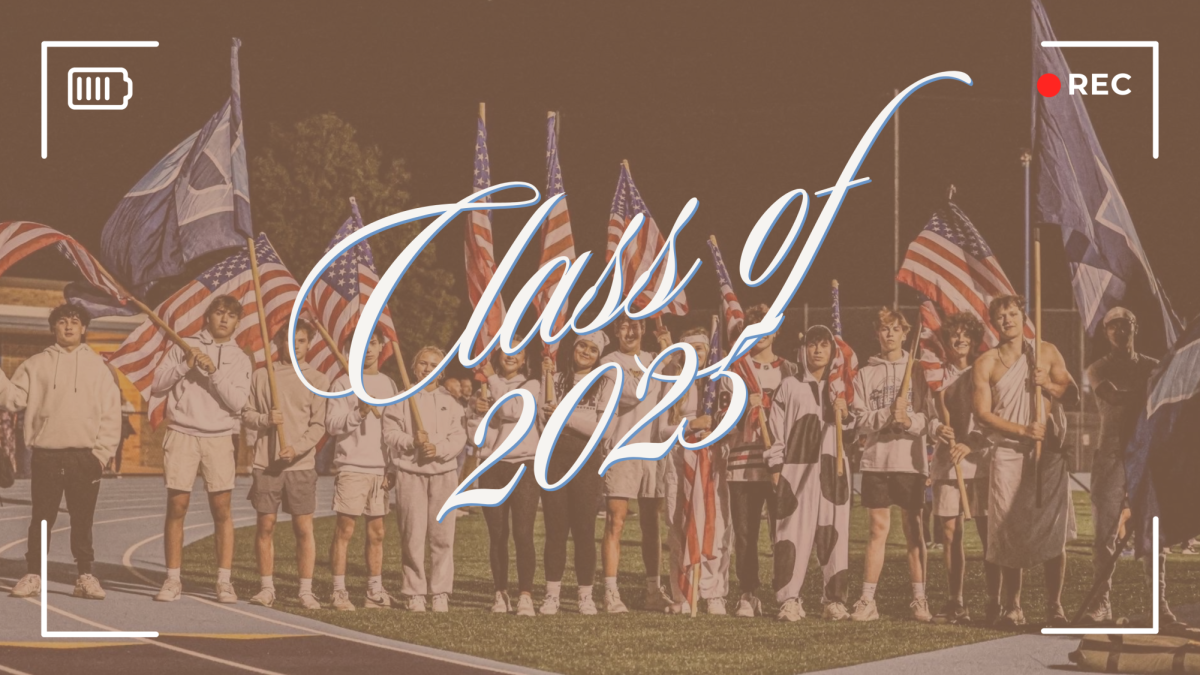
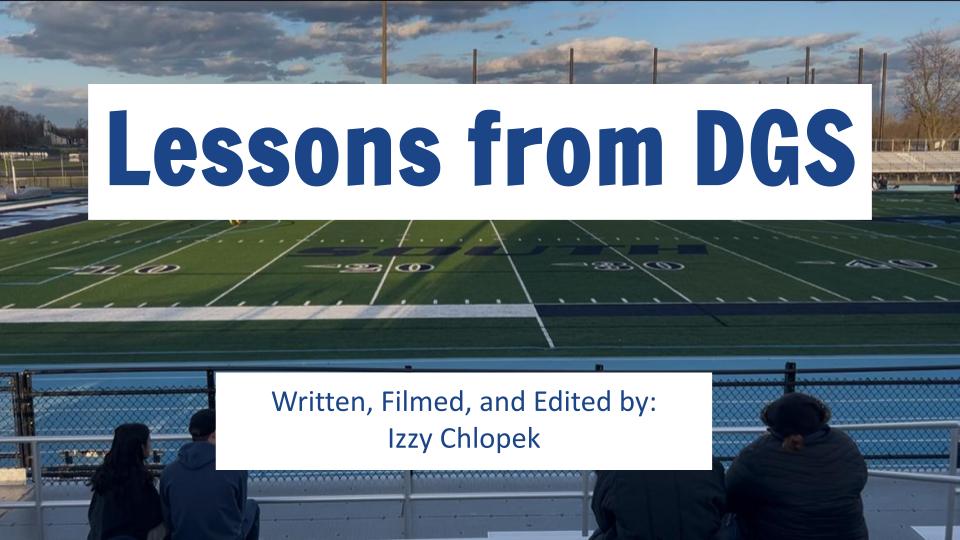

![In this documentary, you will learn how violins are made. All music is in the public domain:
Music Produced by Deutsche Grammophon, Medici TV, Heifetz Institute, and Queen Elisabeth competition
Paganini, Caprice No. 24 [Song recorded by Jasha Heifetz]. Heifetz Institute. (Original work published 1817)
Paganini, Caprice No. 24 [Song recorded by Jasha Heifetz]. Heifetz Institute. (Original work published 1817)
Bartok, Sonata No.1 for Solo Violin [Song recorded by Kevin Zhu]. Queen Elizabeth Competition. (Original work published 1944)
Paganini, Violin Concerto no. 1 [Song recorded by Philippe Hirshhorn]. Queen Elizabeth Competition. (Original work published 1819-1825)](https://southblueprint.com/wp-content/uploads/2025/05/Screenshot-2025-05-07-122429-1200x668.png)





